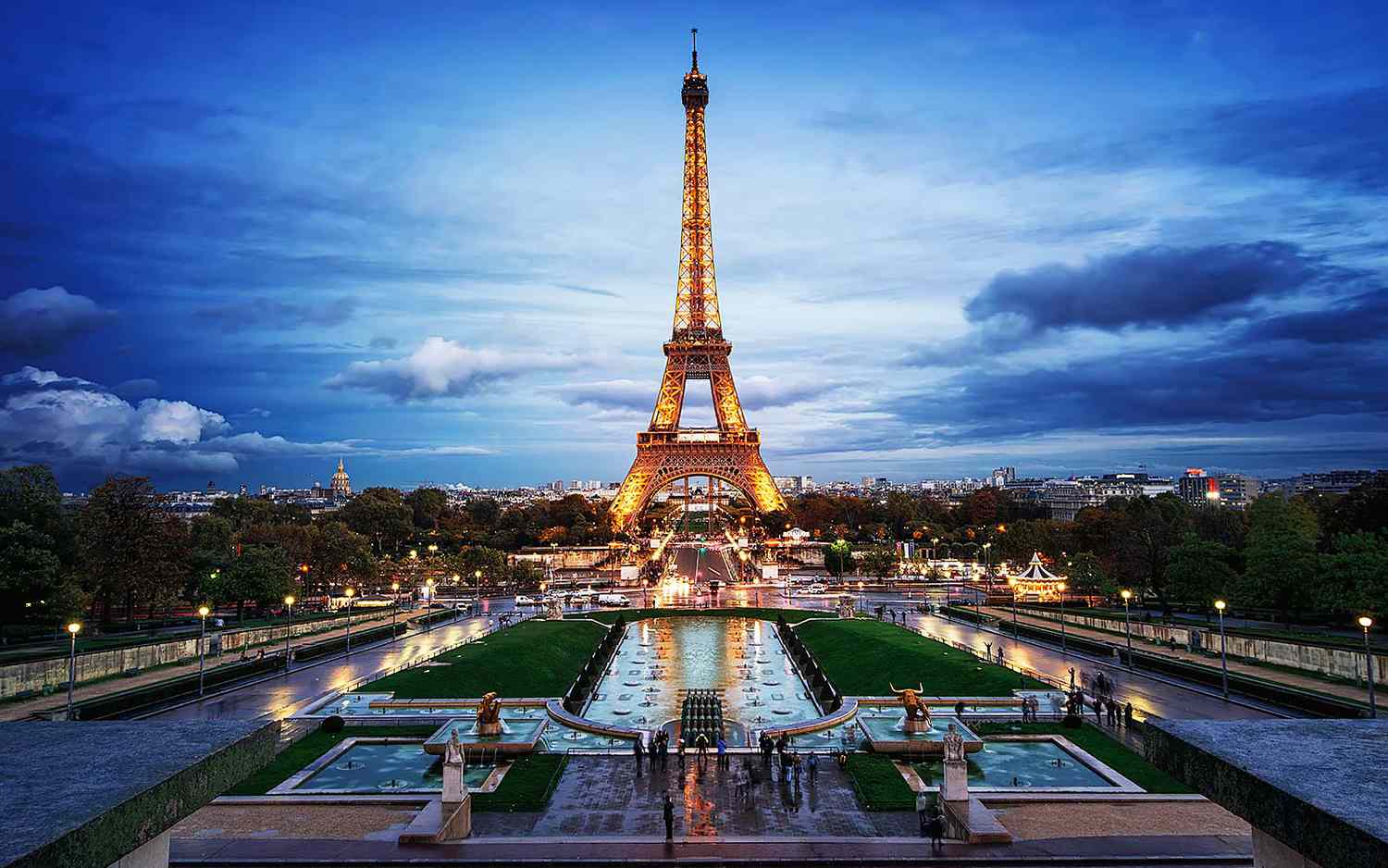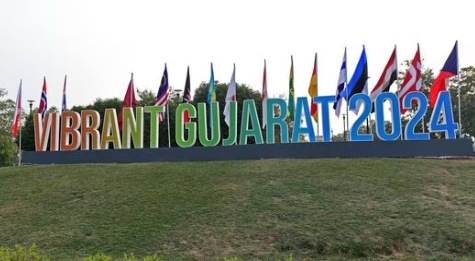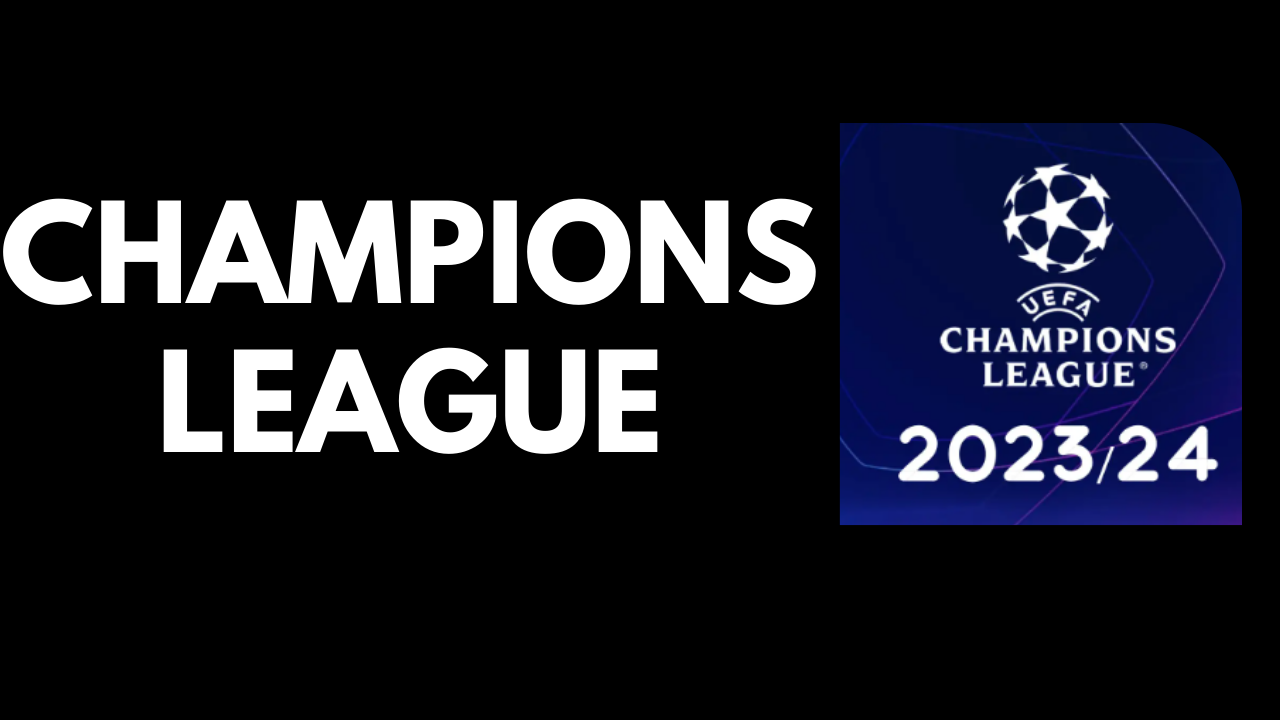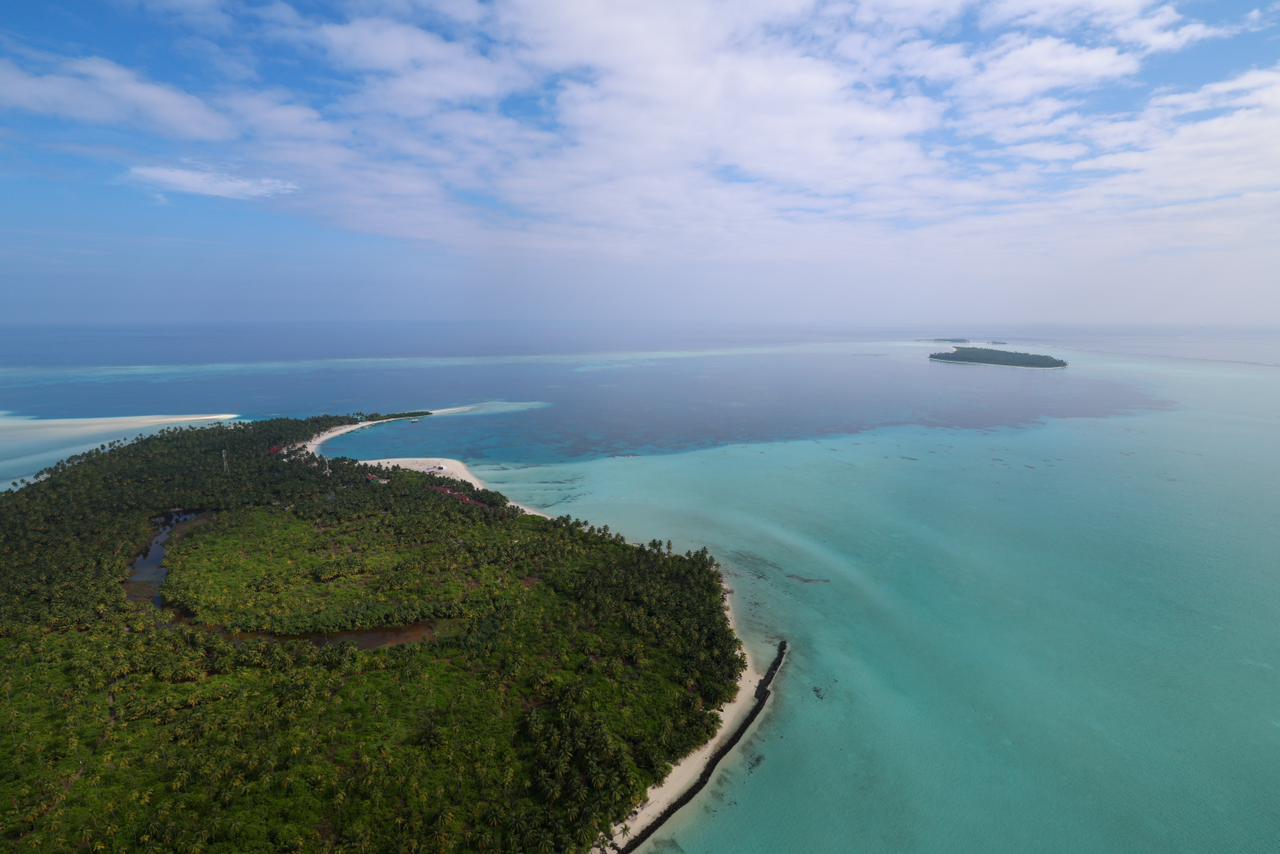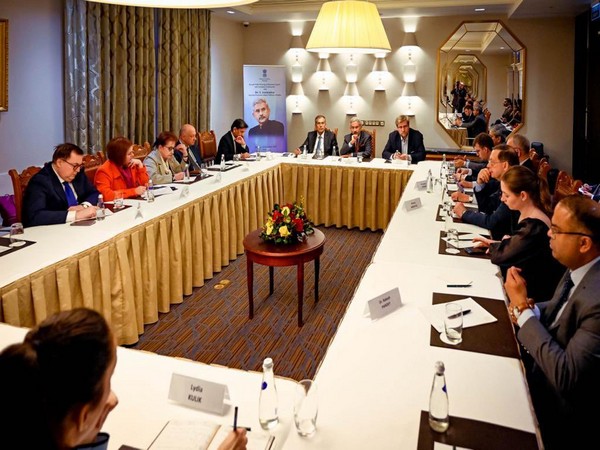
India’s External Affairs Minister, S. Jaishankar, recently embarked on a pivotal diplomatic visit to Russia, marking a significant step towards strengthening the strategic partnership between the two nations. This visit, carrying the weight of a robust bilateral relationship and complex global realities, focused on three key areas: connectivity initiatives, multilateral cooperation, and regional conflicts.
“Connectivity Initiatives: A New Era of Trade and Economic Cooperation”
During his visit, Jaishankar engaged in fruitful discussions on various issues, including trade and economic cooperation. The spotlight was on connectivity initiatives such as the proposed Chennai-Vladivostok shipping route and the International North-South Transport Corridor. These initiatives are part of concerted efforts to boost bilateral trade and strike a more balanced economic relationship. The two sides identified commodities like coal, oil, fertilizers, and liquefied natural gas (LNG) for shipping via the Chennai-Vladivostok route.
“Multilateral Cooperation: Deepening the India-Russia Partnership”
Jaishankar’s dialogue with Russian Foreign Minister Sergey Lavrov and Deputy Prime Minister Denis Manturov covered a wide spectrum of issues, reflecting the depth and breadth of the India-Russia partnership. The upcoming talks are expected to delve deeper into both bilateral and multilateral concerns. As influential members of international organizations like the UN, G20, BRICS, and SCO, India and Russia have consistently collaborated on global challenges. This year alone, India’s presidency of the SCO and G20 witnessed a flurry of high-level visits from Russian dignitaries, further solidifying the common ground and shared interests between the two nations.
“Regional Conflicts: Navigating the Geopolitical Landscape”
The ongoing war in Ukraine has cast a long shadow over international relations. Navigating this delicate situation while safeguarding India’s strategic interests is a formidable challenge. Jaishankar’s visit occurs amid this complex geopolitical landscape. There are speculations that Jaishankar’s visit is an attempt to mediate between Russia and Ukraine. However, India has maintained that the crisis must be resolved through diplomacy and dialogue.
In conclusion, Jaishankar’s visit to Russia underscores the importance of India-Russia relations in the current global context. It highlights the shared commitment to enhancing connectivity, fostering multilateral cooperation, and addressing regional conflicts through diplomatic channels. As the world navigates through complex geopolitical realities, such diplomatic engagements are crucial in maintaining stability and fostering mutual understanding.

